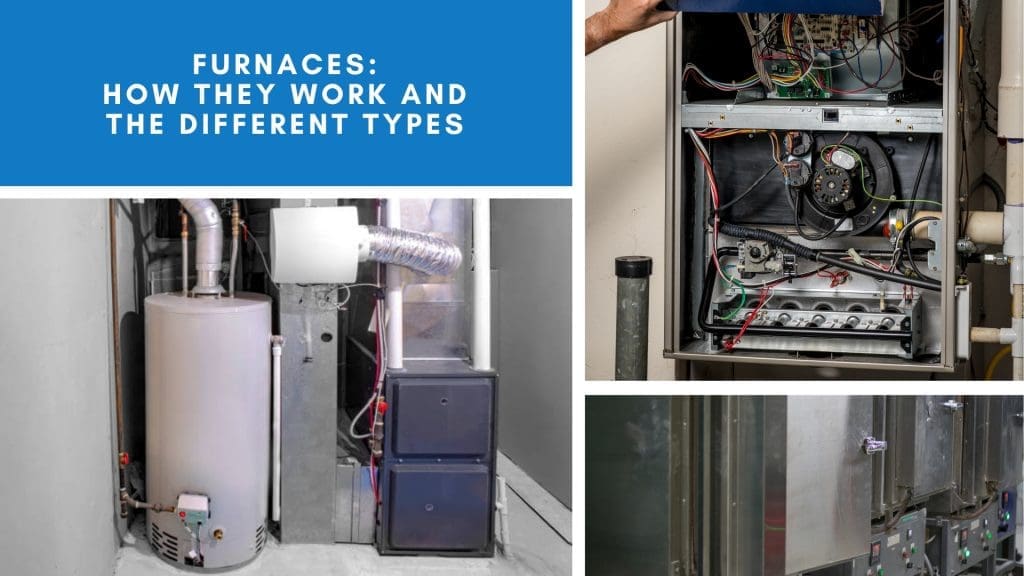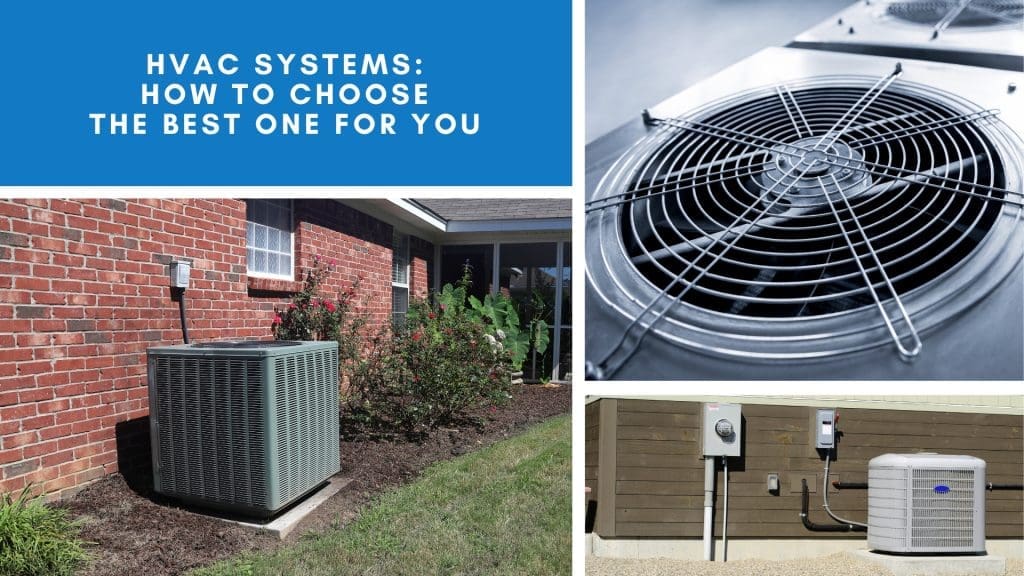When your air conditioner starts acting up, it’s more than just an inconvenience—it can put a serious damper on your comfort, especially during those sweltering Los Angeles summers. The discomfort caused by a malfunctioning air conditioner can disrupt your daily routine, impact your sleep quality, and increase stress levels. One of the most common causes of AC freezing up is restricted airflow or low refrigerant levels. Not only can this issue hinder the cooling process, but it can also lead to more serious damage if left unaddressed. But what exactly are the causes of AC freezing up, and more importantly, how can you prevent them? Understanding the root causes and prevention measures can save you time, money, and discomfort in the long run. Let’s dive into the details.
An air conditioner freezing up can seem counterintuitive, especially when it’s hot outside. However, a frozen AC unit is a clear sign that something isn’t functioning correctly within the system. Whether it’s the evaporator coil inside or the outside unit, the root causes often stem from airflow problems, refrigerant issues, or mechanical failures. Each of these components plays a crucial role in the cooling process, and any disruption can lead to a cascade of problems, including freezing.
When the evaporator coil becomes too cold, condensation on the coil can freeze, leading to a buildup of ice. This ice can block airflow, reduce the efficiency of the system, and potentially cause damage to the components if not resolved promptly. Understanding these basic principles is essential for diagnosing and addressing the issue effectively. By being aware of how your AC system should function, you can more easily spot when things go awry and take appropriate action.
Airflow Issues: The Usual Suspect
One of the primary culprits behind a frozen AC is restricted airflow. Your air conditioner relies on a steady stream of air to keep the evaporator coil at the right temperature. When that airflow is compromised, the coil can become too cold and freeze up. Here are some common reasons for airflow problems:
- Dirty Air Filters: A clogged filter restricts airflow, causing the system to work harder than it should. Replacing filters regularly is crucial. Neglecting this simple maintenance step can lead to a host of issues, including reduced efficiency and increased energy bills.
- Blocked Vents: Furniture or drapes blocking vents can prevent air from circulating properly. It’s important to ensure that all vents are open and unobstructed to allow for optimal airflow.
- Fan Issues: If the fan isn’t working properly, it can’t move the air through the system effectively. A malfunctioning fan can lead to uneven cooling and increased wear and tear on the system.
Addressing airflow issues promptly can prevent more serious problems down the line. Regularly checking and maintaining your AC system’s components can help ensure that airflow remains unobstructed and your system operates efficiently.

Refrigerant Levels: A Delicate Balance
Refrigerant is the lifeblood of your AC system. It absorbs heat from the air and cools it down before sending it back into your home. Low refrigerant levels can lead to a drop in pressure, causing the evaporator coil to freeze. Here’s what you need to know:
- Leaks: A refrigerant leak is a serious issue that requires professional attention. It’s not only harmful to the environment but also to your AC’s performance. Detecting and repairing leaks promptly is essential to prevent further damage.
- Undercharging or Overcharging: Incorrect refrigerant levels, whether too low or too high, can cause freezing issues. Only a qualified technician should handle refrigerant adjustments. Improper handling can exacerbate the problem and lead to costly repairs.
Maintaining the correct refrigerant levels is crucial for the efficient operation of your AC system. Regular maintenance checks can help identify any issues with refrigerant levels before they lead to more significant problems. By ensuring that your AC system is properly charged, you can prevent freezing and maintain optimal performance.
Mechanical Failures: When Parts Go Awry
Sometimes, the cause of an AC freezing up lies in the mechanical components of the system. Key areas to check include:
- Thermostat Malfunctions: A faulty thermostat can misread temperatures, causing the system to run excessively. This can lead to overcooling and eventually freezing of the coils.
- Faulty Blower Motor: If the blower motor isn’t working, air won’t circulate properly, leading to freezing. The blower motor is responsible for moving air over the evaporator coils, and any issues with it can disrupt the cooling process.
- Damaged Coils: Physical damage to the coils can obstruct airflow or refrigerant flow, resulting in freezing. Regular inspection and maintenance of the coils can help prevent such issues.
Mechanical failures can be complex and may require professional intervention to diagnose and repair. Regular maintenance checks can help identify potential problems before they cause significant damage. By addressing mechanical issues promptly, you can ensure that your AC system operates efficiently and reliably.
Quick Fixes and Long-Term Solutions
by Elena Mozhvilo (https://unsplash.com/@miracleday)
Now that we’ve identified the causes, what can you do when your AC unit starts to freeze up? Here are some steps you can take:
Immediate Actions
- Turn Off the AC: If you notice ice buildup, turn off the AC to prevent further damage. This allows the ice to melt naturally. Running the AC with frozen coils can cause additional strain on the system and lead to more severe issues.
- Check the Air Filter: A quick inspection and replacement of a dirty filter can sometimes resolve the issue. Clean filters ensure optimal airflow and prevent freezing.
- Clear Vents and Registers: Ensure all vents are open and unobstructed to improve airflow. Regularly checking and clearing obstructions can help maintain efficient operation.
These immediate actions can help mitigate the problem and prevent further damage. However, it’s important to address the underlying cause to ensure long-term solutions.

When to Call a Professional
While some causes of freezing can be addressed with simple maintenance, others require the expertise of a professional HVAC technician. Here’s when to call in the pros:
- Persistent Freezing: If your AC keeps freezing despite regular maintenance, it’s time for a professional inspection. Persistent issues may indicate more complex problems that require expert diagnosis.
- Refrigerant Issues: Only certified technicians should handle refrigerant due to its hazardous nature and environmental regulations. Incorrect handling can exacerbate the problem and lead to costly repairs.
- Mechanical Repairs: Complex issues like blower motor failures or damaged coils need professional attention. Attempting DIY repairs can lead to further damage and void warranties.
Knowing when to call a professional can save you time and prevent further damage to your system. Regular maintenance by qualified technicians can help ensure that your AC system operates efficiently and reliably.
Preventive Maintenance: Keeping Your AC Running Smoothly
Prevention is always better than cure. Regular maintenance is key to ensuring your AC doesn’t freeze up. Here’s how you can keep your system in top shape:
- Schedule Regular Check-ups: Annual HVAC maintenance can catch potential issues before they become major problems. Regular check-ups can help identify and address issues early, preventing more serious problems down the line.
- Replace Filters Frequently: Depending on usage and air quality, filters should be replaced every 1-3 months. Clean filters ensure optimal airflow and prevent freezing.
- Keep the Area Around the Unit Clean: Remove debris and vegetation around the outside unit to ensure proper airflow. A clean and unobstructed area around the unit can improve efficiency and prevent issues.
By implementing preventive maintenance measures, you can extend the lifespan of your AC system and ensure efficient operation. Regular maintenance not only prevents freezing but also improves overall performance and reduces energy costs.
Trust LC Heating and Air Conditioning
At LC Heating and Air Conditioning, we understand how important it is to keep your home comfortable and your AC running efficiently. Our team of seasoned professionals is here to help with any HVAC issues you may encounter. Whether it’s routine maintenance or emergency repairs, we’re committed to providing quality service with a customer-first approach. Our technicians are trained to diagnose and repair a wide range of issues, ensuring that your system operates efficiently and reliably.
For more information or to schedule a service, visit our website at lahvaclc.com or give us a call at (818) 858-7080. Let us be your trusted partner in keeping your home comfortable all year round. Our commitment to quality service and customer satisfaction makes us the go-to choice for all your HVAC needs.
Conclusion: Understanding the Causes of AC Freezing Up
Understanding why your AC unit might freeze up and knowing how to address the issue can save you time, money, and discomfort. While some solutions are simple, others require professional intervention. By keeping up with regular maintenance and being aware of the signs of trouble, you can ensure your AC system operates efficiently and reliably. Proactive measures and timely interventions can help prevent minor issues from escalating into major problems.
If you find yourself dealing with an AC unit that keeps freezing up, remember that help is just a call away. With LC Heating and Air Conditioning, you have a reliable partner to keep your HVAC system running smoothly. Stay cool, Los Angeles! Our team is dedicated to providing top-notch service and ensuring your home remains comfortable throughout the year.




